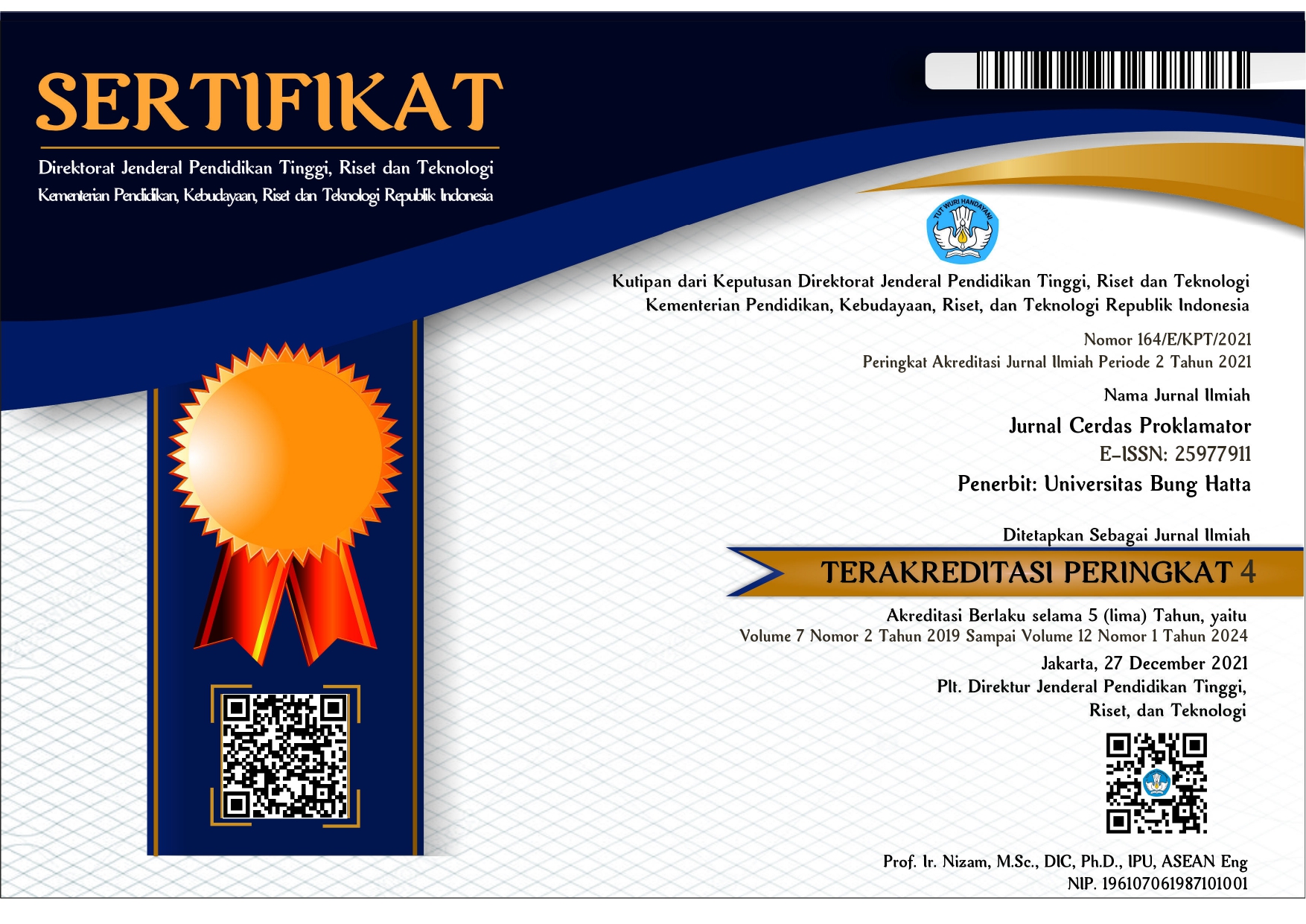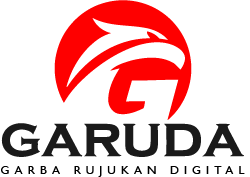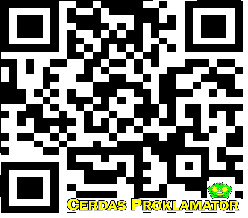The RESEARCH URGENCY: BASED ON LITERATURE REVIEW OF BASIC CONCEPTS OF SCIENCE AND SOURCES OF KNOWLEDGE
URGENSI PENELITIAN: BERDASARKAN KAJIAN PUSTAKA ATAS KONSEP DASAR ILMU DAN SUMBER PENGETAHUAN
Kata Kunci:
science, knowledge, research process, misinformation, alternative knowledge sourcesAbstrak
Ilmu pengetahuan memiliki peran krusial dalam perkembangan masyarakat dan pembentukan peradaban manusia. Artikel ini membahas urgensi pemahaman konsep dasar ilmu pengetahuan dan proses penelitian, serta efek samping dari berbagai sumber pengetahuan alternatif selain penelitian. Penelitian ini menggunakan metode studi pustaka untuk menggali informasi terkini tentang proses ilmiah, termasuk peran komunitas ilmiah, serta membahas berbagai sumber pengetahuan alternatif seperti otoritas, tradisi, akal sehat, media, dan pengalaman pribadi. Temuan menunjukkan bahwa meskipun sumber-sumber alternatif dapat memberikan pengetahuan, sumber-sumber itu sering kali memiliki keterbatasan yang dapat mempengaruhi akurasi pengetahuan. Oleh karena itu, penting untuk menekankan urgensi penelitian dan pemikiran kritis baik bagi kalangan akademis maupun masyarakat secara umum. Selain itu, kolaborasi lintas disiplin dan edukasi tentang validasi ilmiah juga penting dilakukan untuk mengurangi distorsi informasi dan memperkuat fondasi pengetahuan.
Referensi
Annisa, M., & Listiani. (2018). Elementary School Teachers’ Understanding of Nature of Science: A Study on Rural, Bordered, Coastal, and Urban Areas of North Kalimantan. Proceedings of the 1st International Conference on Social Sciences Education - “Multicultural Transformation in Education, Social Sciences and Wetland Environment” (ICSSE 2017). https://doi.org/10.2991/icsse-17.2018.44
Burke, J. R. (2014). Educational Research: Quantitative, Qualitative, and Mixed Approaches (Fifth). California: Sage Publications.
Creswell, J. W. (2012). Educational Research: Planning, Conducting, and Evaluating Quantitative and Qualitative Research (Fourth). Boston, MA: Pearson.
Deschenes, S., Gagnon, M., Park, T., & Kunyk, D. (2020). Moral Distress: A Concept Clarification. Nursing Ethics, 27(4), 1127–1146. https://doi.org/10.1177/0969733020909523
Devi, M. Y., Maharani, R. A., & Fitria, Y. (2023). Penerapan Pembelajaran Terpadu Tipe Nested (Tersarang) untuk Meningkatkan Kemampuan Berpikir Kritis Peserta Didik Kelas 4 di Sekolah Dasar. Jurnal CERDAS Proklamator, 11(1), 26–34.
Dijkstra, A. M., Bakker, L., Dam, F. van, & Jensen, E. (2020). Setting the Scene. Science Communication, 1–16. https://doi.org/10.1142/9789811209888_0001
Fiialka, S. (2022). Scientific Journal As Socio-Communicative Phenomenon: Formation And Development Trends. In Traditional and innovative approaches to scientific research: theory, methodology, practice. https://doi.org/10.30525/978-9934-26-241-8-14
Foss, K., & Foss, N. J. (2006). The Limits to Designed Orders: Authority Under “Distributed Knowledge” Conditions. The Review of Austrian Economics, 19(4), 261–274. https://doi.org/10.1007/s11138-006-9248-9
Gay, L. R., Mills, G. E., & Airasian, P. (2012). Educational Research?: Competencies for Analysis. New Jersey: Pearson.
Hammersley, M. (2018). Ethnomethodological Criticism of Ethnography. Qualitative Research, 19(5), 578–593. https://doi.org/10.1177/1468794118781383
Hapgood, M. A. (2022). Ionospheric Science: An Example of the Importance of Diversity in Approaches to Scientific Research. Atmosphere, 13(3), 394. https://doi.org/10.3390/atmos13030394
Harrison, K. (2002). Ideas and Environmental Standard?Setting: A Comparative Study of Regulation of the Pulp and Paper Industry. Governance, 15(1), 65–96. https://doi.org/10.1111/1468-0491.00180
Hastangka, H., & Santoso, H. (2021). Arah Dan Orientasi Filsafat Ilmu Di Indonesia. Jurnal Filsafat Indonesia, 4(3), 287–295. https://doi.org/10.23887/jfi.v4i3.38407
Headley, M. G., & Clark, V. L. P. (2019). Multilevel Mixed Methods Research Designs: Advancing a Refined Definition. Journal of Mixed Methods Research, 14(2), 145–163. https://doi.org/10.1177/1558689819844417
Hendrizal. (2019). Menciptakan Lingkungan Sekolah yang Efektif. Jurnal CERDAS Proklamator, 7(2), 168–178.
Johnson, T. J., Zhang, W., & Bichard, S. (2010). Voices of Convergence or Conflict? A Path Analysis Investigation of Selective Exposure to Political Websites. Social Science Computer Review, 29(4), 449–469. https://doi.org/10.1177/0894439310379962
Karabenick, S. A., & Moosa, S. (2005). Culture and Personal Epistemology: U.S. And Middle Eastern Students’ Beliefs About Scientific Knowledge and Knowing. Social Psychology of Education, 8(4), 375–393. https://doi.org/10.1007/s11218-005-1826-3
Kola, A. J. (2013). Importance of Science Education to National Development and Problems Militating Against Its Development. American Journal of Educational Research, 1(7), 225–229. https://doi.org/10.12691/education-1-7-2
Löfström, E., & Pursiainen, T. (2015). Knowledge and Knowing in Mathematics and Pedagogy: A Case Study of Mathematics Student Teachers’ Epistemological Beliefs. Teachers and Teaching, 21(5), 527–542. https://doi.org/10.1080/13540602.2014.995476
Mason-Wilkes, W. (2023). Emphasizing Uncertainty, Celebrating Community and Valuing Values: Science Communication Remedies for the COVID-19 Era and Beyond. Interdisciplinary Science Reviews, 48(2), 379–393. https://doi.org/10.1080/03080188.2022.2152245
Mitcham, C. (2003). Co-Responsibility for Research Integrity. Science and Engineering Ethics, 9(2), 273–290. https://doi.org/10.1007/s11948-003-0014-0
Neuman, L. W. (2014). Social Research Methods: Qualitative and Quantitative Approaches (Seventh). Essex: Pearson.
P, N. J., & Babu, L. D. D. (2018). Analyzing the Impact of News Trends on Research Publications and Scientific Collaboration Networks. Concurrency and Computation Practice and Experience, 31(14). https://doi.org/10.1002/cpe.5058
Periñán-Pascual, C. (2012). The Situated Common-Sense Knowledge in FunGramKB. Review of Cognitive Linguistics, 10(1), 184–214. https://doi.org/10.1075/rcl.10.1.06per
Pickett, J. T., Mancini, C., Mears, D. P., & Gertz, M. (2014). Public (Mis)Understanding of Crime Policy. Criminal Justice Policy Review, 26(5), 500–522. https://doi.org/10.1177/0887403414526228
Rojas-Segura, J., Faith-Vargas, M., & Martinez-Villavicencio, J. (2023). Conceptualizing Digital Transformation Using Semantic Decomposition. Tec Empresarial, 17(3), 63–75. https://doi.org/10.18845/te.v17i3.6850
Sari, S. G., & Mudjiran. (2020). Pentingnya Pemahaman Individual (Individual Differences) bagi Calon Guru Sekolah Dasar. Jurnal CERDAS Proklamator, 8(2), 54–63.
Simons, J. H. (1960). The Meaning of Science. In A structure of science (pp. 3–14). Philosophical Library. https://doi.org/10.1037/13161-001
Sitepu, Y. S., Harahap, H., & Trimurni, F. (2021). Digital Literacy of Social Media Users in Medan City in Facing Hoax. International Journal of Modern Trends in Social Sciences, 4(15), 97–113. https://doi.org/10.35631/ijmtss.415009
Sylvester, O., Lydia, A. O., Emmanuel, U. A., & Maria, U. A. (2019). Classroom Science With Everyday Life: a Means for Improving Performance in Sciences and National Development in Nigeria. International Journal of Science and Technology Education Research, 10(3), 25–29. https://doi.org/10.5897/ijster2019.0457
Torraco, R. J. (2016). Writing Integrative Literature Reviews. Human Resource Development Review, 15(4), 404–428. https://doi.org/10.1177/1534484316671606
Vrani?, A., Hromatko, I., & Tonkovi?, M. (2022). “I Did My Own Research”: Overconfidence, (Dis)trust in Science, and Endorsement of Conspiracy Theories. Frontiers in Psychology, 13. https://doi.org/10.3389/fpsyg.2022.931865
Walliman, N. (2011). Research Methods: The Basics. New York: Routledge.
Ward, G., Donnan, L. E., & McNabb, K. (2016). Attitudes and Experiences of Classroom Science: Children’s Voices. International Journal of Education, 9(1), 10. https://doi.org/10.17509/ije.v9i1.3712
Wardiha, M. W. (2018). Analisis Komparatif Peran Adat Dan Kepercayaan Dalam Peningkatan Kualitas Lingkungan Permukiman Berkaca Pada Adat Yang Ada Di Permukiman Tradisional. Jurnal Presipitasi Media Komunikasi Dan Pengembangan Teknik Lingkungan, 15(2), 114. https://doi.org/10.14710/presipitasi.v15i2.114-121
Zainudin, F. M., Nugroho, R., & Muamarah, H. S. (2022). Pengaruh Kepercayaan Kepada Pemerintah Terhadap Kepatuhan Pajak Dengan Persepsi Keadilan Pajak Sebagai Variabel Intervening. Jurnal Pajak Indonesia (Indonesian Tax Review), 6(1), 107–121. https://doi.org/10.31092/jpi.v6i1.1616
##submission.downloads##
Diterbitkan
Terbitan
Bagian
Lisensi
Hak Cipta (c) 2024 Cerdas Proklamator

Artikel ini berlisensi Creative Commons Attribution 4.0 International License.
Copy right in each article belong to the authors.
1. The author acknowledges that the Journal Cerdas Proklamator as a publisher who publishes for the first time with the
Creative Commons Attribution 4.0 International License.
2. The Author can enter the writing separately, manage the non exclusive distribution of manuscripts that have been published in this journal into the other versions (eg sent to the repository of the author's institution, publication in book, etc), by acknowledge that the manuscript was first published in the Jurnal Cerdas Proklamator.
























